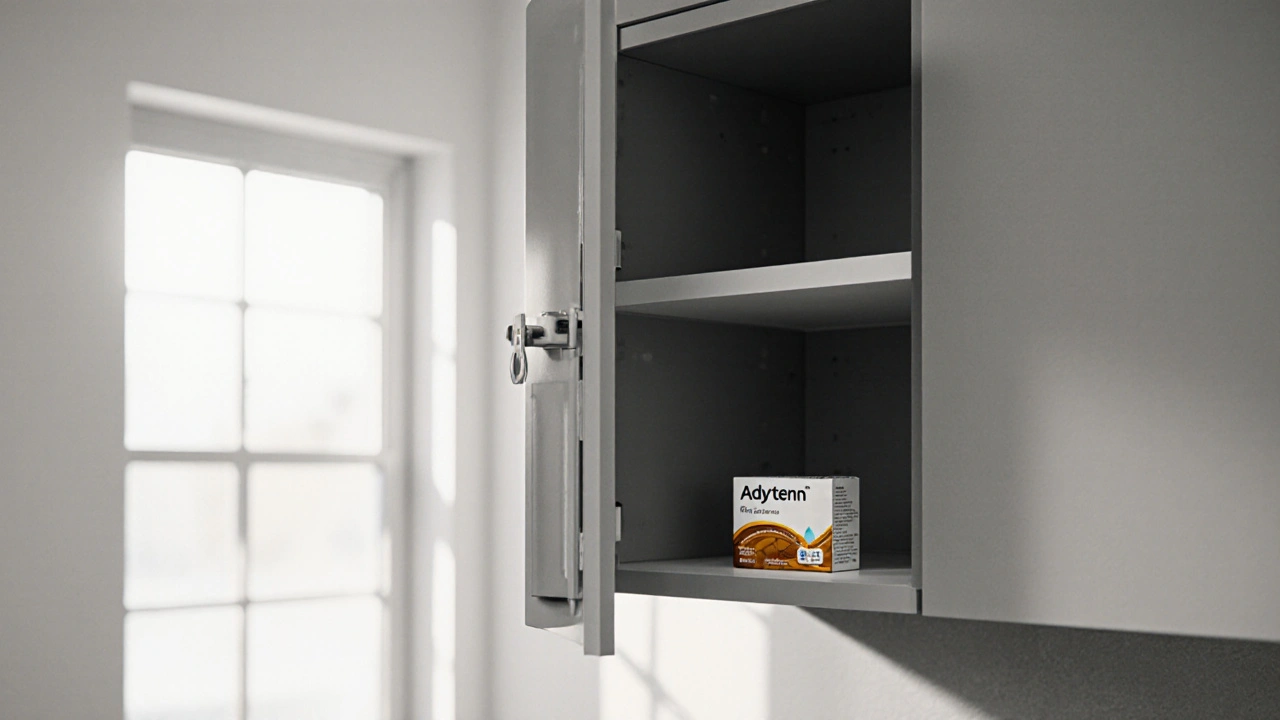Medication Waste: Why It Matters and How to Handle It
When dealing with medication waste, unused, expired, or leftover medicines that end up in the trash or down the drain. Also known as pharmaceutical waste, it poses health risks and harms ecosystems. Medication waste isn’t just a household nuisance; it’s a public‑health issue that calls for clear actions.
One of the biggest ways to tackle the problem is through a drug take‑back program, a community‑run collection service where people can drop unused pills at pharmacies, police stations, or special events. These programs create a safe path for disposing of medicines, preventing accidental ingestion and illegal resale. In many cities, the program runs quarterly, and the collected drugs are incinerated under controlled conditions, neutralizing harmful substances before they reach the environment. By participating, you directly cut down the volume of medication waste that would otherwise sit in landfills.
Beyond collection points, the hidden danger lies in environmental contamination, the seepage of drug residues into soil and water systems. Studies show trace amounts of antibiotics, hormones, and painkillers in rivers, affecting aquatic life and even entering drinking water supplies. When medication waste is flushed, it bypasses treatment plants, which aren’t designed to filter complex chemicals. This contamination can lead to antibiotic‑resistant bacteria and disrupt wildlife reproduction. Understanding this link helps us see why proper disposal matters at a planetary level.
Reducing medication waste also starts at home with patient education, clear guidance on how to store, use, and safely discard medicines. When doctors and pharmacists explain tapering schedules, patients are less likely to end up with leftover tablets. For example, a step‑by‑step taper plan for certain antidepressants or pain relievers can match the prescription length to the treatment duration, leaving little unused product. Education campaigns that stress checking expiration dates, securing medicines away from children, and using local take‑back sites empower individuals to act responsibly.
What You’ll Find Below
The articles that follow dive into real‑world strategies: how to taper medications safely, the science behind drug take‑back effectiveness, tips for caregivers handling medication waste, and the latest guidance on environmental impact. Whether you’re a patient, a caregiver, or a health professional, the collection gives you actionable steps to cut down waste, protect your loved ones, and keep our water clean. Explore the tips, guides, and research‑backed advice that turn good intentions into concrete results.
Safe Storage & Disposal Guide for Adytenn Medication
- Laura Ledas
- Sep, 23 2025
Learn how to store Adytenn safely, check its potency, and dispose of leftover tablets responsibly with step‑by‑step tips and reliable disposal options.
Learn More